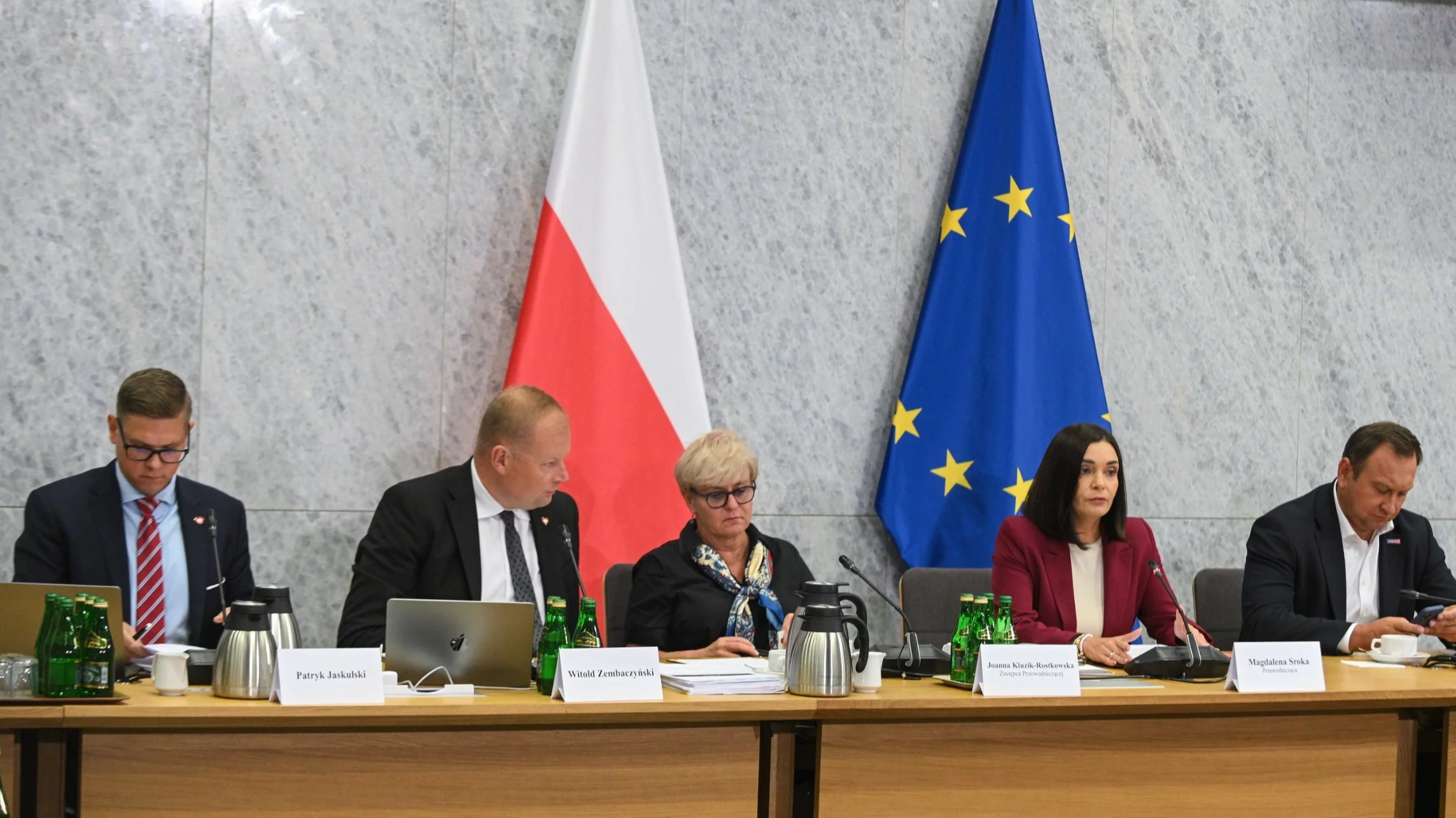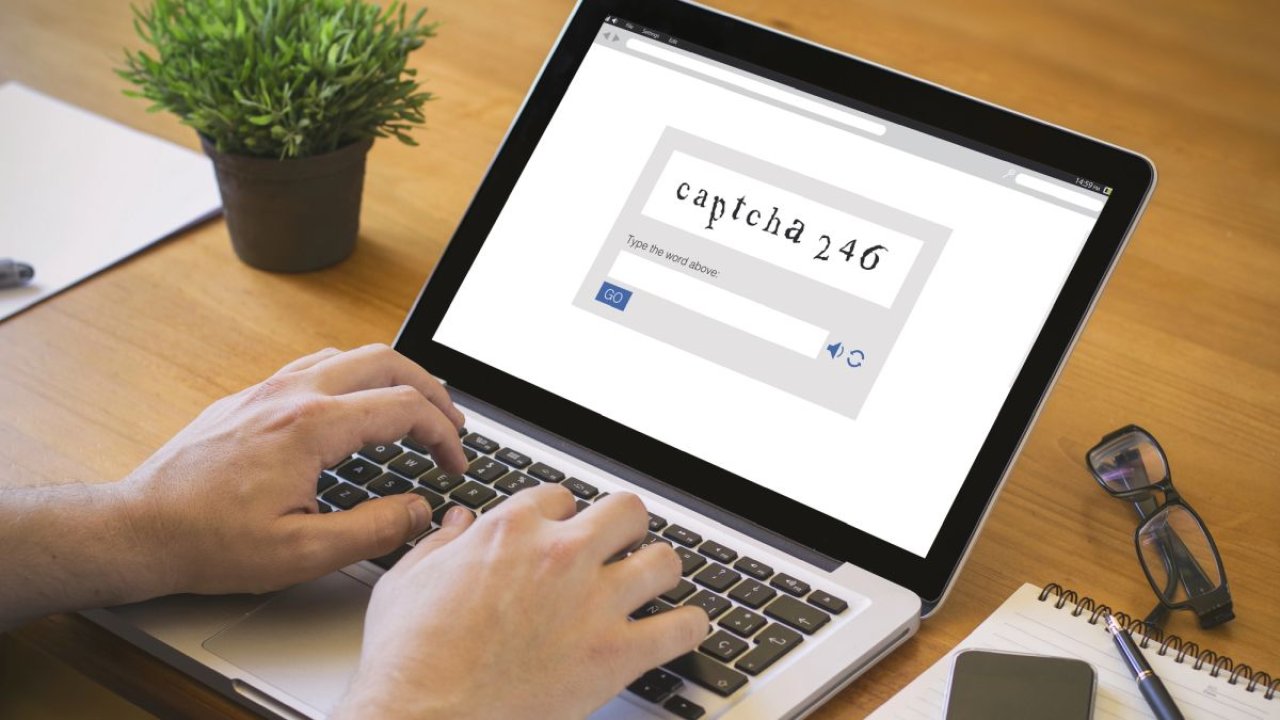The Covid-19 inquiry heard emotional testimonies from business leaders and workers who struggled to survive financially during the pandemic as it launched its examination of the government's £373 billion economic response to the crisis.
Business owners described making staff redundant, losing savings and being unable to access financial support. Some broke down in tears during an impact video shown at Monday's hearing, relaying the financial hardship they faced. Others spoke of still paying back government loans years later.
The third stage of the independent public inquiry will examine how the government responded to the unprecedented economic shock over four weeks of evidence. Former chancellor Rishi Sunak and Bank of England Governor Andrew Bailey are among the key figures scheduled to testify.
Disproportionate impact on lower incomes
The inquiry heard that government decision-makers faced an unprecedented economic crisis that hit those on lower incomes hardest. Social housing tenants were more likely to work in jobs affected by social distancing measures and less able to work from home, according to opening submissions.
The Treasury estimated total government spending across all support measures reached £373 billion. The Coronavirus Job Retention Scheme, known as furlough, accounted for £69 billion and directly preserved four million jobs across the UK workforce.
Former work and pensions minister Baroness Therese Coffey and former Treasury officials will also appear before the inquiry during this phase.
Note: This article was created with Artificial Intelligence (AI).










